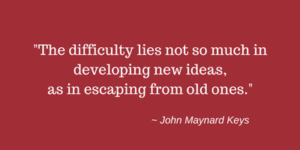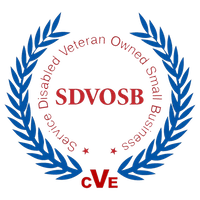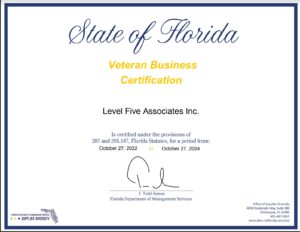 It’s really easy to “drink the Kool Aid”, isn’t it? When you’re even marginally successful in your business or your part of the business, success is seductive. You know what’s working, what’s selling, what’s making the production line hum. Everyone loves being right, or almost right. That’s why we rarely have debriefs (or After Action Reviews as we called them in the Army) when things work. It’s much easier to just roll with it, and have some more Kool Aid….
It’s really easy to “drink the Kool Aid”, isn’t it? When you’re even marginally successful in your business or your part of the business, success is seductive. You know what’s working, what’s selling, what’s making the production line hum. Everyone loves being right, or almost right. That’s why we rarely have debriefs (or After Action Reviews as we called them in the Army) when things work. It’s much easier to just roll with it, and have some more Kool Aid….
It’s also more tempting with success to maintain more control, to trust and empower less. That seems counterintuitive, but it’s true. If we’re the leaders who developed the concepts that are working, we’re going to be much less inclined to let others have more authority. Better to let them follow our lead. Then they’ll learn what right looks like, and someday make good decisions on their own.
But someday is probably never going to come for them if that’s your attitude. You’re creating a culture of followers, not leaders. In this culture, compliance is the norm, not commitment.
Great leaders know better, though. They are completely focused on growing leaders better than they are, and in doing so serve those they lead. They know the culture of excellence is a culture of leaders, not followers. And they create this culture by empowering others, even when things are going really well.
So how do you do this? One key tool for your leader toolbox is to create an environment where new ideas are nurtured. And I’m not talking about a suggestion box in the lunch room here. I’m talking about a focused, top-down supported new idea incubator. Here’s an idea about how to bring that concept to life:
- Establish a “power breakfast” or “power lunch” program. Buy food for your team. They’ll show up for food, and communicate more effectively.
- Develop a topic for each session. It could be something like “if we could change one thing tomorrow that would transform our company or department, this is what it would be….”
- Have attendees send in ideas in advance, anonymously. One technique is to have their spouse or significant other write out the idea, so no one recognizes their handwriting. Collect the ideas at the start of the meal/meeting, and copy them on poster charts on the wall.
- Check your ego at the door. Have someone else moderate the meeting, and make sure you speak last, not first.
Establish a grading system for the ideas presented. It could be a scoring system of 1-5, based on which ones seem to be the most innovative. Then, when one of the new ideas seems to be most imaginative, take it on for action. Assign a team leader, a timeline, and deliverables. Make sure you schedule a follow up session for in-progress reviews. Do it routinely, not just once. It works! Enjoy the journey!





